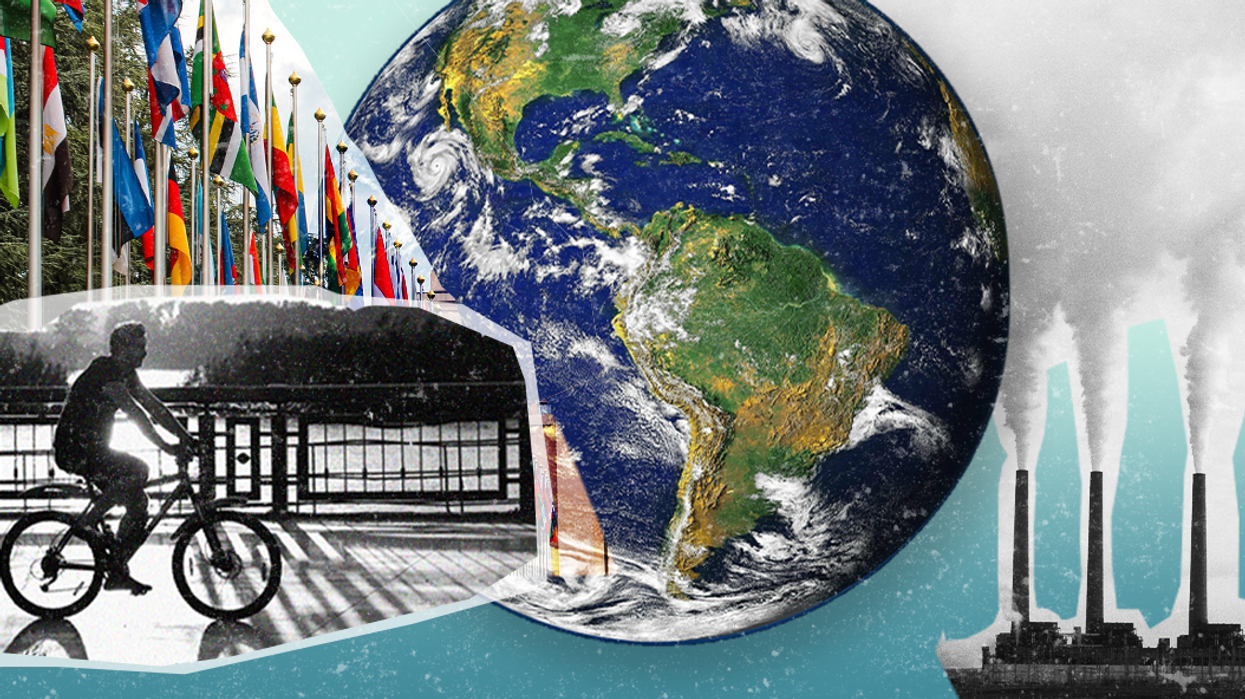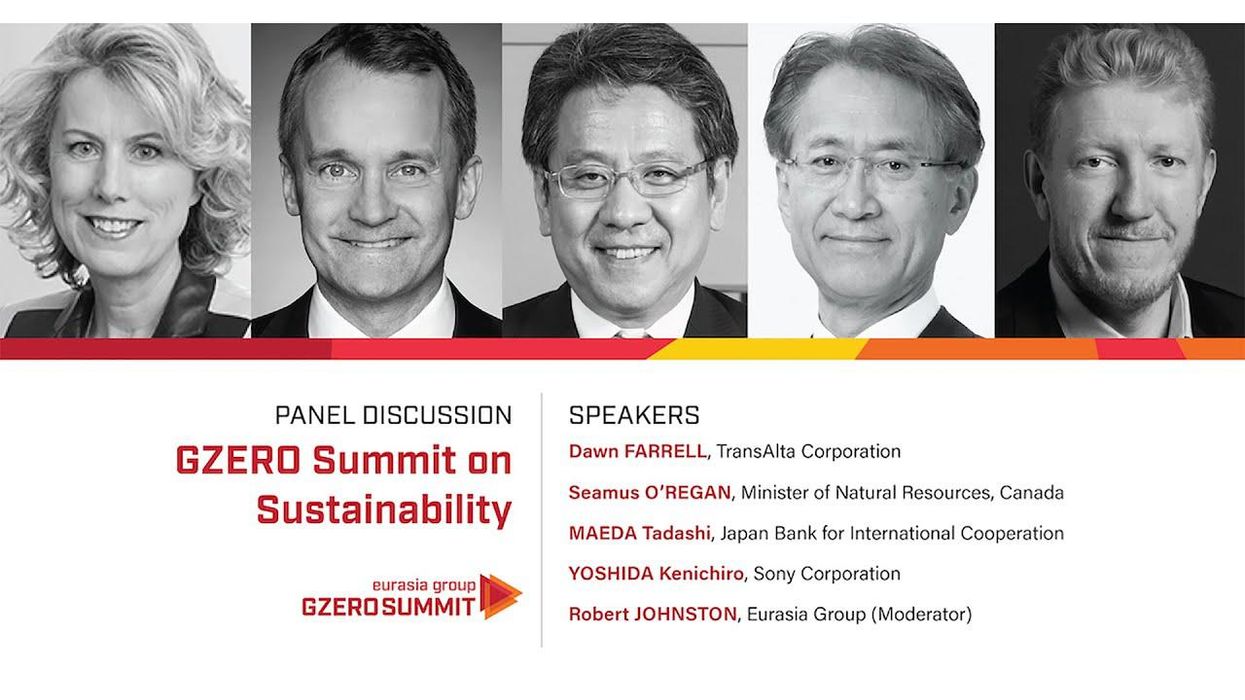GZERO World Clips
Jennifer Granholm: On clean energy, US is "putting our money where our mouth is”
This November, the US wants to present itself at the COP27 Climate Summit in Egypt as a global leader on renewables with the $370 billion worth of clean energy investment included in the recently passed Inflation Reduction Act. Energy Secretary Jennifer Granholm tells Ian Bremmer on GZERO World that America finally has "some moral authority to say we are putting our money where our mouth is on this."
Sep 13, 2022



